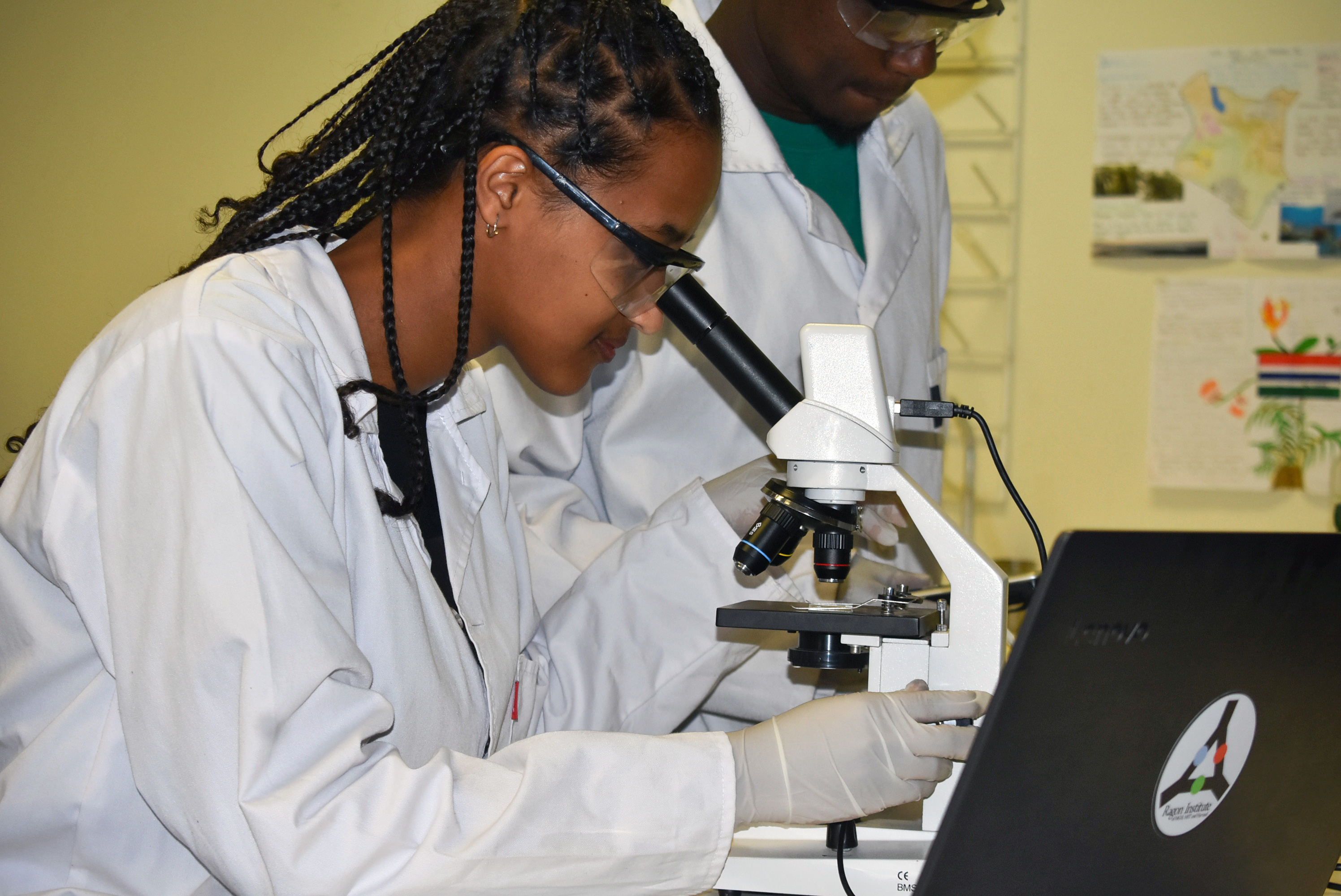As the world grapples with increasingly complex challenges, the demand for skilled scientists and researchers has never been greater. To meet this need, numerous organizations, universities, and governments are offering undergraduate science scholarships to support and empower the next generation of scientists. These scholarships not only provide financial assistance to students pursuing science degrees but also offer a platform for them to develop their skills, conduct research, and contribute to groundbreaking discoveries.

Types of Undergraduate Science Scholarships
There are various types of undergraduate science scholarships available, catering to different fields, interests, and backgrounds. Some of the most common types include:
- Merit-based scholarships: Awarded to students who demonstrate exceptional academic achievements, talent, or potential in their chosen field of science.
- Need-based scholarships: Designed to support students from low-income families or those facing financial difficulties, helping them to pursue their scientific interests without financial burdens.
- Field-specific scholarships: Targeted at students pursuing specific areas of science, such as biology, chemistry, physics, or environmental science.
- Research-based scholarships: Offered to students who are passionate about conducting research and contributing to scientific advancements.
- Diversity scholarships: Aimed at promoting diversity and inclusivity in the scientific community, supporting students from underrepresented groups.
Notable Undergraduate Science Scholarships
Some notable undergraduate science scholarships include:
- National Science Foundation (NSF) Scholarships: Providing financial support to students pursuing degrees in science, technology, engineering, and mathematics (STEM) fields.
- NASA Scholarships: Offering scholarships to students interested in aerospace engineering, astrophysics, and other space-related fields.
- American Chemical Society (ACS) Scholarships: Supporting students pursuing degrees in chemistry, chemical engineering, and related fields.
- Google Science Fair Scholarships: Encouraging students to conduct innovative research and develop groundbreaking projects.
- Bill and Melinda Gates Foundation Scholarships: Providing financial support to students from low-income families pursuing degrees in science, technology, engineering, and mathematics (STEM) fields.
Eligibility Criteria and Application Process
To be eligible for undergraduate science scholarships, students typically need to meet certain criteria, such as:
- Academic excellence: Maintaining a strong GPA, often with a minimum requirement of 3.0 or higher.
- Field of study: Pursuing a degree in a science-related field, such as biology, chemistry, physics, or environmental science.
- Research experience: Participating in research projects, internships, or volunteering in science-related activities.
- Letters of recommendation: Submitting letters from academic mentors, teachers, or supervisors who can vouch for the student’s abilities and potential.
- Personal statement: Writing a compelling essay outlining their scientific interests, career goals, and motivations.
The application process typically involves submitting an online application, providing supporting documents, and meeting deadlines. Students should research and review the eligibility criteria and application requirements carefully to ensure they meet the necessary standards.
Benefits of Undergraduate Science Scholarships
Undergraduate science scholarships offer numerous benefits, including:
- Financial support: Alleviating financial burdens, allowing students to focus on their studies and research.
- Networking opportunities: Connecting students with renowned scientists, researchers, and professionals in their field.
- Research experiences: Providing opportunities for students to gain hands-on experience in laboratories, research institutions, or fieldwork settings.
- Career development: Enhancing students’ career prospects, with many scholarships leading to job offers, internships, or graduate school opportunities.
- Personal growth: Fostering students’ scientific knowledge, critical thinking, and problem-solving skills, preparing them for a lifelong career in science.
Frequently Asked Questions (FAQ)
Q: What is the typical amount of an undergraduate science scholarship?
A: The amount varies, but most scholarships range from $1,000 to $10,000 per year.
Q: Can international students apply for undergraduate science scholarships?
A: Yes, many scholarships are open to international students, but some may have specific eligibility criteria or requirements.
Q: How can I increase my chances of receiving an undergraduate science scholarship?
A: Maintain a strong GPA, engage in research experiences, and develop a compelling personal statement that outlines your scientific interests and career goals.
Q: Can I apply for multiple undergraduate science scholarships?
A: Yes, students can apply for multiple scholarships, but be sure to review the eligibility criteria and application requirements carefully to avoid duplication of effort.
Q: What is the deadline for applying to undergraduate science scholarships?
A: Deadlines vary, but most scholarships have application deadlines between December and March for the upcoming academic year.
Conclusion
Undergraduate science scholarships are a vital investment in the next generation of scientists, providing financial support, research opportunities, and career development. With numerous types of scholarships available, students can find funding that aligns with their scientific interests, academic achievements, and career goals. By researching and applying for these scholarships, students can unlock their full potential, contribute to groundbreaking discoveries, and shape the future of science. As the scientific community continues to evolve, it is essential to support and empower the next generation of scientists, and undergraduate science scholarships are a crucial step in this endeavor.
Closure
Thus, we hope this article has provided valuable insights into Undergraduate Science Scholarships: Empowering the Next Generation of Scientists. We thank you for taking the time to read this article. See you in our next article!